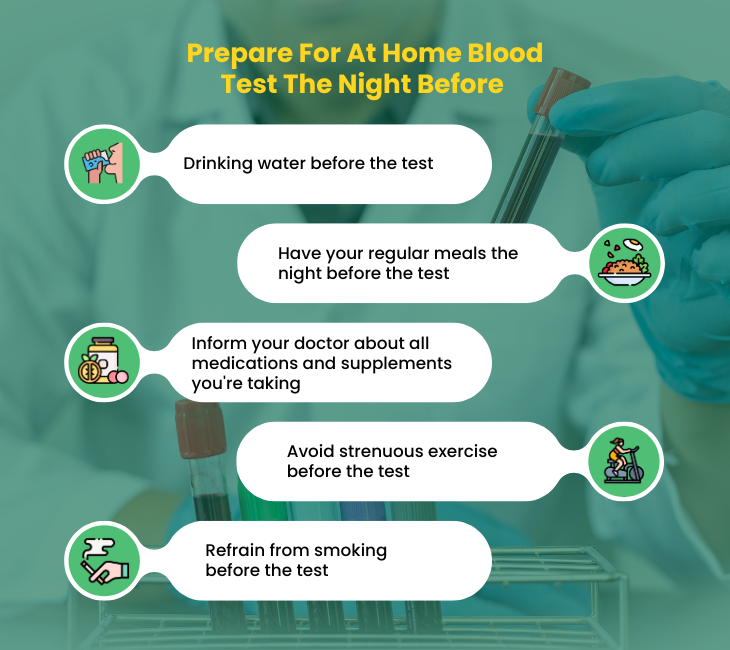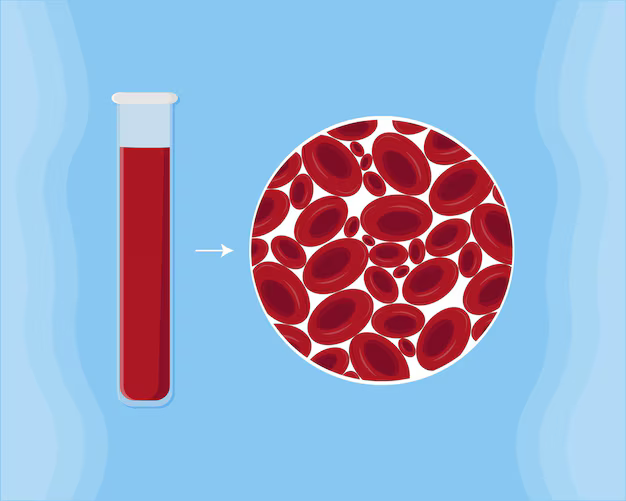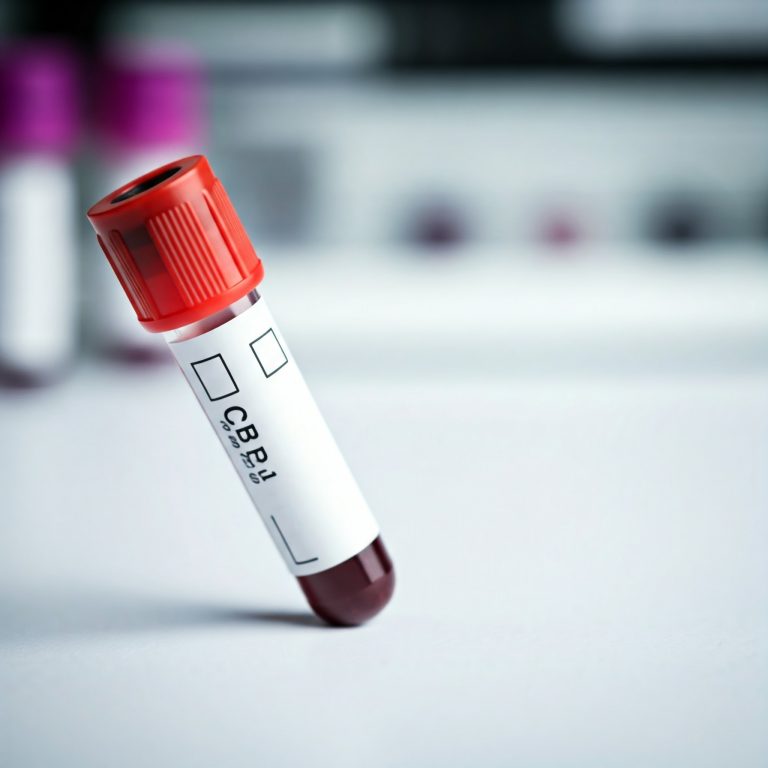Prostate Check: Navigating the PSA Test for Men’s Health
February 16,2024

Maintaining optimal health is a lifelong journey, and for men, safeguarding prostate health is a crucial aspect of this endeavour. The prostate, a small gland situated beneath the bladder, plays a pivotal role in reproductive health, producing seminal fluid that nourishes and transports sperm. As men age, the prostate can undergo changes, making it imperative to monitor its health and functionality.
Prostate health is intrinsically linked to overall well-being, impacting urinary function and, in some cases, fertility. Among the various tools available for assessing and ensuring prostate health, the Prostate-Specific Antigen (PSA) test is considered important. This blood test measures the levels of a protein produced by the prostate, offering insights into its condition. As men age, the risk of prostate-related issues, including cancer, increases.
Understanding PSA Test Basics: Breaking It Down for Men
The journey towards managing prostate health involves understanding what is a PSA test, awareness of potential risks, and informed decision-making regarding preventive measures and diagnostic tests.
PSA is a protein produced by the prostate gland. The test measures the level of this protein in the blood, providing insights into prostate health.
While elevated PSA levels can be an indicator of potential issues, it is important to note that a high PSA level does not automatically mean cancer. Other factors can contribute to elevated PSA levels, such as inflammation or an enlarged prostate.
When and Why: The Timing and Purpose of PSA Testing
Determining when to undergo a PSA test is a critical aspect of men’s health. Generally, the American Cancer Society recommends that men discuss the potential benefits and risks of PSA testing with their healthcare provider starting at age 50. However, for those at higher risk, such as those with a family history of prostate cancer, discussions should commence at age 45.
Early conversations with healthcare professionals allow for personalized risk assessments and informed decisions.
The Risk Factors and Symptoms that May Prompt a PSA Test:
Considering risk factors and symptoms is vital. The decision to undergo a PSA test should be based on careful consideration of various risk factors and symptoms. Here are some key risk factors to consider:
- Age: Risk increases with age, and prostate cancer is more common in older men.
- Family History: Men with a family history of prostate cancer, especially if a close relative (father, brother) had the disease, may have a higher risk.
- Genetic Factors: Mutations in certain genes, such as BRCA1 or BRCA2, can increase the risk of prostate cancer.
- Dietary Factors: Diets high in red meat or low in fruits and vegetables may be associated with an increased risk.
- Obesity: There is some evidence suggesting that obesity may be linked to a higher risk of aggressive prostate cancer.
Men should be aware of potential signs such as difficulty urinating, blood in urine or semen, and persistent pain in the back, hips, or pelvis. While these symptoms may not necessarily indicate cancer, they warrant further investigation, and a PSA test can be a crucial component in the diagnostic process.
Measures To Take Before a PSA Test:
Ensuring accurate and reliable results from a PSA (prostate-specific antigen) test requires careful preparation and adherence to specific guidelines. Proper preparation before a PSA test is crucial to obtaining an accurate assessment of prostate health. In this context, understanding what to avoid before a PSA test is equally important.
Dos:
- Follow your doctor’s instructions: Your healthcare provider will likely provide specific guidelines for preparing for the PSA test. Follow them carefully to ensure accurate results.
- Inform your doctor about medications: Inform your healthcare provider about any medications or supplements you are taking. Certain medications and herbal supplements can affect PSA levels.
- Stay hydrated: Drinking water before the test can make it easier to provide a urine sample if required.
Don’ts:
- Avoid ejaculation: Some studies suggest that ejaculation may affect PSA levels. It’s often recommended to abstain from sexual activity, including ejaculation, for at least 48 hours before the test. However, this is a topic of ongoing research, and you should consult with your healthcare provider for specific recommendations.
- Don’t engage in vigorous exercise: Strenuous physical activity, particularly activities that put pressure on the prostate, may affect PSA levels. Avoid vigorous exercise for at least 24 hours before the test.
- Limit alcohol and caffeine: Some studies suggest that alcohol and caffeine consumption may influence PSA levels. It’s advisable to avoid excessive intake of these substances before the test.
In conclusion, prioritizing prostate health is a proactive step every man should take. Understanding the PSA test, its timing, and the associated preparation can contribute to informed decisions and early detection of potential issues. Regular discussions with healthcare providers, especially as risk factors evolve with age, ethnicity, and family history, help men take charge of their well-being and navigate the path to a healthier future.










Leave a Reply